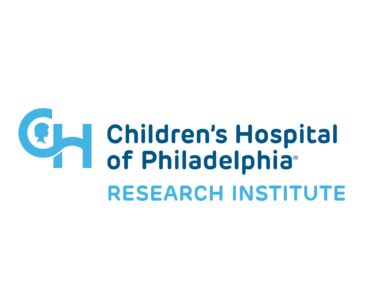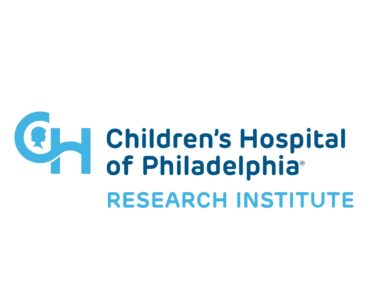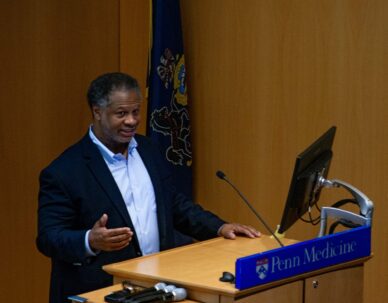
Self-Management of Adolescent and Young Adult Survivors of Childhood Cancer
- Behavior Change,
- Clinical Transformation
This project is evaluating tools to predict the ability of Adolescent and Young Adult survivors of childhood cancer to manage their own health in adulthood. Spanning three sites with over 600 participants, this is the largest prospective study to date of adolescent and young adult survivors of childhood cancer.
Care for childhood cancer is improving. Because of treatment advances, more than 80 percent of children with cancer become long-term survivors, resulting in 375,000 survivors aged 20-39 in the United States. Unfortunately, serious health risks persist for these survivors even after successful treatment. About 70 percent of adults and young adults (AYA) who survive childhood cancers develop new forms of cancer, debilitating chronic conditions, or serious and sometimes life-threatening residual effects from cancer treatment.
For these reasons, experts strongly recommend long-term follow-up care for all AYA survivors of childhood cancer. However, evidence shows this important engagement often wanes considerably as childhood cancer survivors age, potentially exposing them to dangerous diagnostic delays and lower-quality overall care. This trend often goes hand in hand with poor self-management skills related to handling issues like scheduling appointments or any relevant symptoms that may occur. Only 35 percent of AYA people who survived cancer as children are aware that they continue to face substantial health risks following their course of treatment.
Through a five-year study supported by a grant from the National Institute of Nursing Research, a team of researchers is working to help clinicians better understand and strengthen the critical connections between these patients and their care teams. The team is evaluating tools designed to predict the readiness of AYA survivors of childhood cancer—a historically understudied population—to successfully manage their own health and transition from pediatric to adult-focused follow-up care. This large-scale investigation assesses 600 AYA childhood cancer survivors in the following measure: healthcare utilization, transition readiness, and self-management skills. The researchers are tracking how those trends change over time by collecting a large amount of self-report measures at the start of the study, at 12 months, and then at 24 months. Electronic health care records of healthcare utilization will also be reviewed. If in that time a study participant transfers to an adult provider, then the study team will collect other measures from them related to their experience of that transfer process.
The study includes a cohort of 600 survivors across three sites (Children’s Hospital of Philadelphia, Cincinnati Children’s Hospital Medical Center, and Children’s Hospital Los Angeles). This is the largest prospective study to date of adolescent and young adult survivors of childhood cancer. A successful study could inform a more tailored approach to intervention to keep AYA survivors more motivated and engaged.
National Institute of Nursing Research R01
Researchers Study How To Enhance Self-management of Survivors of Childhood Cancer
CHOP Cornerstone Blog
June 10, 2019

In the Media
Researchers Study How To Enhance Self-management of Survivors of Childhood Cancer
CHOP Cornerstone Blog
June 10, 2019


